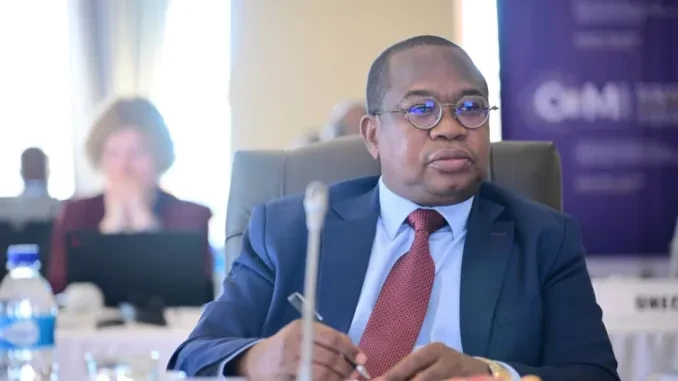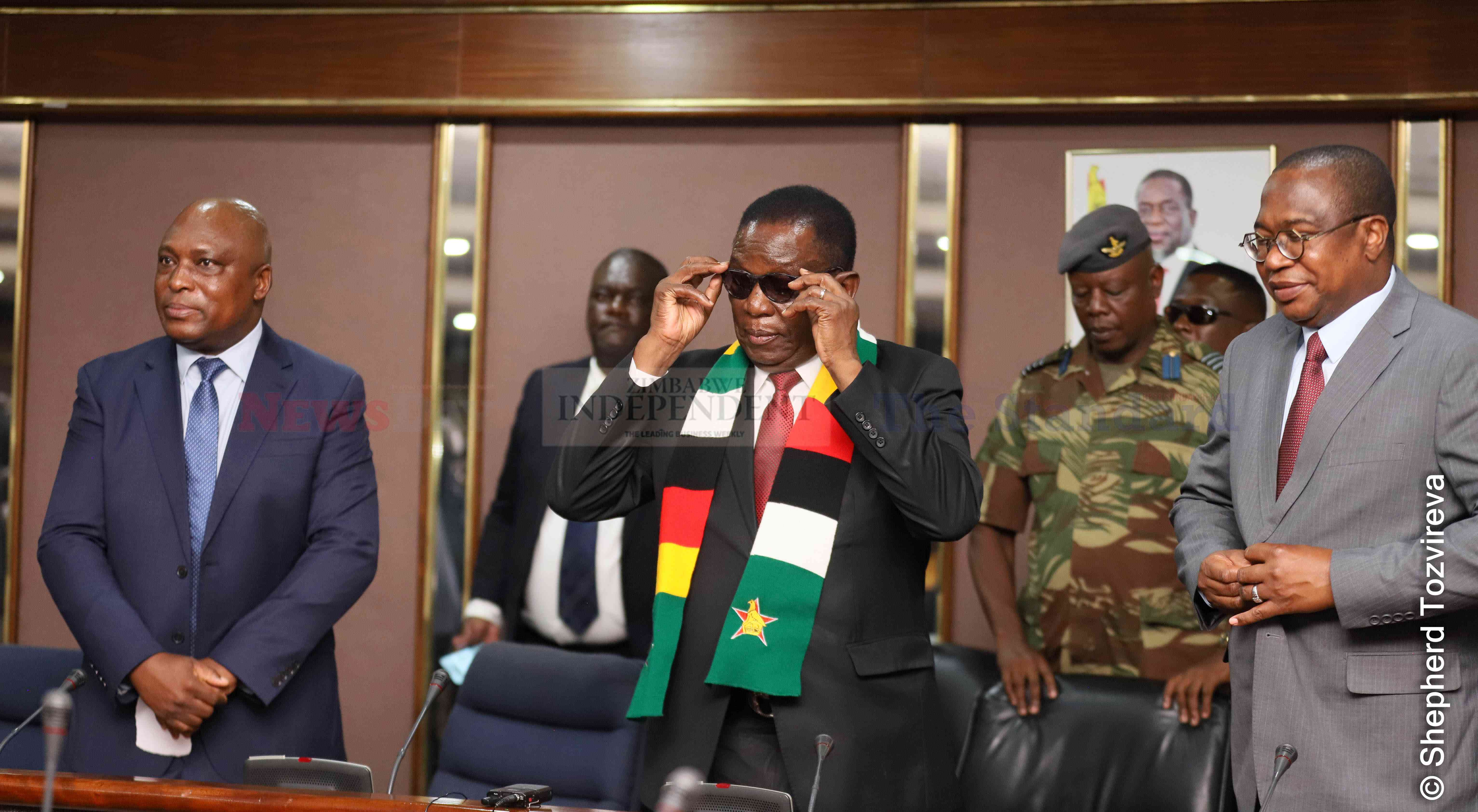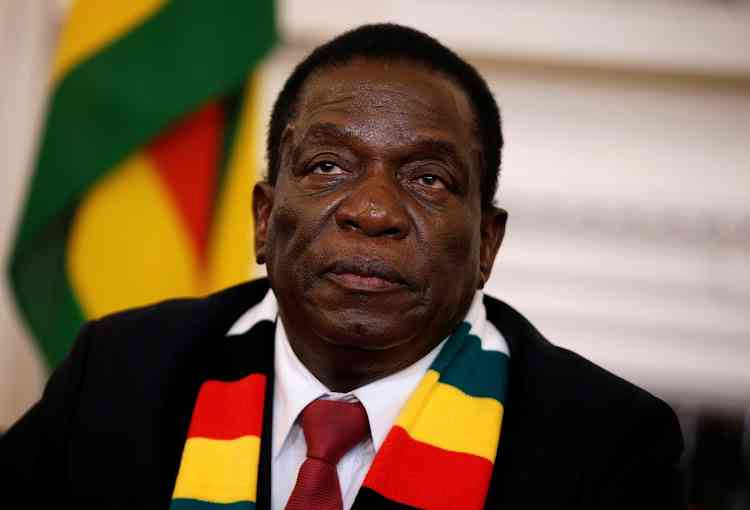
The statement Africa is cursed has been written many times. Despite its abundant raw materials, Africa still faces a daunting task of alleviating poverty, dealing with conflicts plus the natural disasters that render millions of people hopelessly depending on humanitarian aid.
For those who look at Africa from Western perspectives, more people have become poorer in independent Africa than during the colonial period.
And those who preach pan-Africanism have blamed the West for Africas lack of development. All the same, it is the African people who are suffering and it is their images that drive people to conclude that Africa is cursed.
In fact, the myopicism that characterises the Africa-is-cursed mantra, stems from the fact that having raw materials is actually a curse. The danger in such statements is that, such as ways of benefitting from the same raw materials, we preoccupy our minds with chasing the invisible forces that are supposedly besetting our progress.
The word curse implies the presence of supernatural powers which are bent on making things impossible. It also implies the presence of a force that is casting those super powers on Africa so that the continent does not progress.
The meaning of curse in the Bible borders around the following three definitions; to utter a wish of evil against one; to imprecate evil upon; to call for mischief or injury to fall upon or to execrate.
If we are to hypothetically believe that Africa is cursed, then the question is who cursed it? Curse also implies some form of wrong doing which invites punishment from the powers above.
What then has Africa done wrong? The curse of poverty should come upon all of us Gentiles and Jews alike because all of us have sinned and come short of the glory of God (Romans 3:23).
- Chamisa under fire over US$120K donation
- Mavhunga puts DeMbare into Chibuku quarterfinals
- Pension funds bet on Cabora Bassa oilfields
- Councils defy govt fire tender directive
Keep Reading
Is the curse directed to the people of Africa or the land of the continent? Surely when Africans leave the continent, the wars and droughts do not follow them. And if it is the land of Africa, then why is it among the richest continents in the world? To believe that Africa is cursed is to accept that the redemption of the continent is beyond human capabilities, but spiritual.
Do curses exist? If they do, do they really work? And how does one defeat them? Where curses existed in the Bible, they were not solved by log frames, programmes and projects, but through the act of spiritualism and prayers. Does Africa need prayers to develop?
Is the continent poor because the people send few prayers to the powers above than other continents?
The few studies that have been carried out on the correlation between religion and poverty do not address issues around how curses affect ones development.
Here and there we read stories of people who accused their relatives and neighbours of bewitching them, blaming them for their lack of progress. African history also provides some cases where spiritualism was the driving force behind liberation struggles.
One such case is the story of Mbuya Nehanda who exhorted the Zimbabwean people to expel the British from the land, encouraging them to intensify the struggle and rallying them on.
Recorded history tells us that using secret spiritual messages to communicate with each other, the mhondoro (spirit medium) effectively co-ordinated efforts of the fighters. She went to her death in defiance, denouncing the colonialists and her dying words, My bones will rise again, are believed to have inspired the Second Chimurenga.
It is believed her spirit found a new medium in 1972 in an elderly woman, who was taken to safety by Zanla guerrillas. She was consulted on military decisions and her prophecies provided valuable assistance to the revolutionary struggle which culminated in the independence of Zimbabwe.
The Africa-is-cursed platitude is not an easy one to debunk. It is hard because it is beyond human imagination unless there is convincing spiritual guidance. And the more it is talked about the more it gives African leaders more justification not to do their job blaming the work of invisible forces.
My take on this is that Africa is not cursed and any such suggestions are nothing but an abrogation of the indelible inscription left by slavery, colonialism, post-independence misrule and lack of freedom and direction that define the socio-economic status of todays Africa.
The inability to bend the rules that govern states at global level which have kept African states enslaved and accountable to neo-colonial interests of the West is surely not a curse.
That we are willing to expose ourselves to Eastern trading partners to spite the Western partner at the expense of our African race is surely not a curse.
That we are easily conned by the lure of cheap money to shoot one of our own, destroy that which we have built and unnecessarily create hate among ourselves in pursuance of interests that have nothing to do with our continent is yet again not a curse.
If studies are anything to go by, then Africa should have defeated those curses as it is among the highest praying continents in the world.
A Gallup survey conducted a few years ago shows that the more poverty a nation has, the higher the religiosity in that nation. Inequality which is associated with a range of social problems combines to make people feel insecure and in need of the comfort offered by religion.
Some studies also show that rich nations are less religious than poor nations. So why would God punish a praying continent? Having resources is not a curse but a blessing and God will judge our leadership for not feeding His nation from those resources.
Tapiwa Gomo is a development consultant based in Pretoria, South Africa











